News: Policy Brief
United States Trade Policy Under a Biden Presidency: Challenges and Opportunities
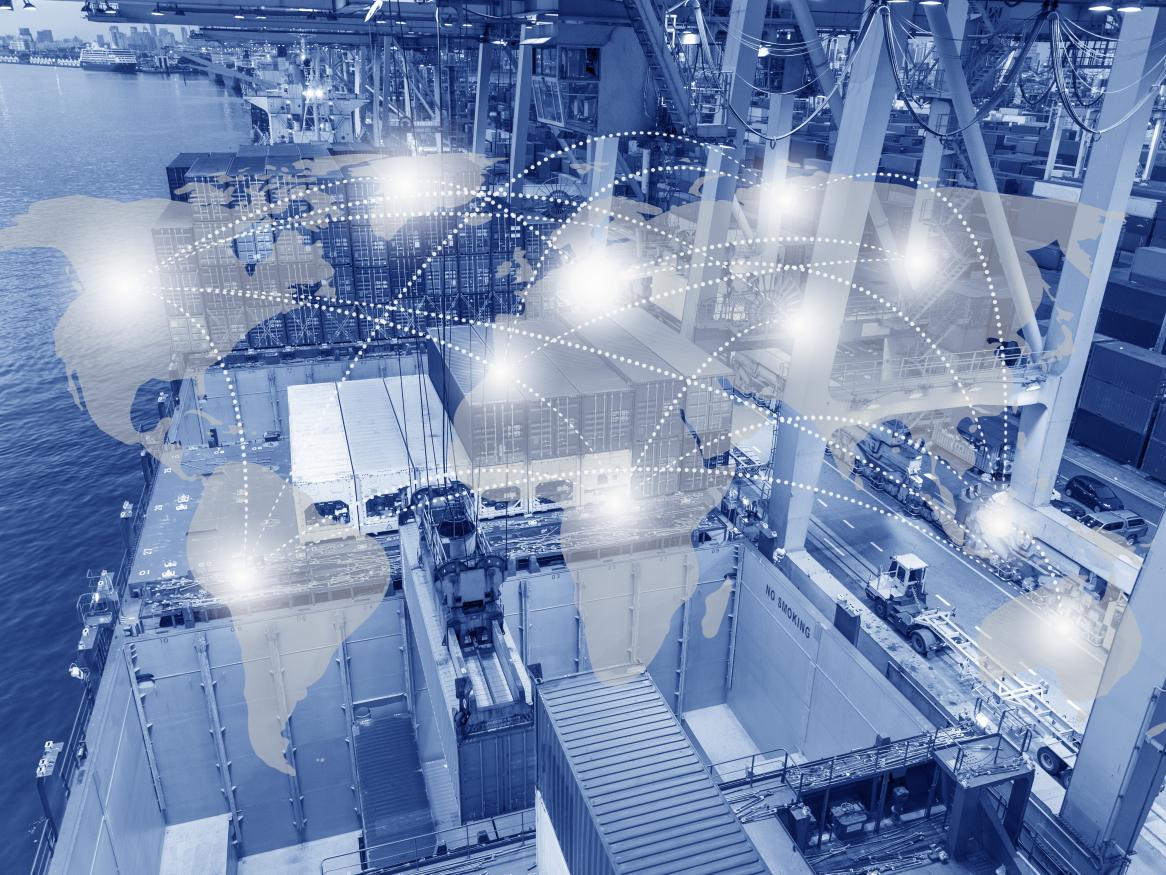
Visiting Fellow Milton Churche. Milton Churche left the Australian Department of Foreign Affairs and Trade in 2018 after working on trade policy since 1987.
The Trump administration has called into question the value of trade agreements, including of the World Trade Organization (WTO), abused the concept of national security to justify openly trade protectionist actions, invoked “trade wars” as legitimate policy tools to advance national objectives, and moved in the direction of managed trade. Would a Biden presidency bring a decisive change in direction on US trade policy?
[Read more about United States Trade Policy Under a Biden Presidency: Challenges and Opportunities ]
Industrial Subsidies, State-Owned Enterprises and WTO Reform: Prospects for Cooperation?
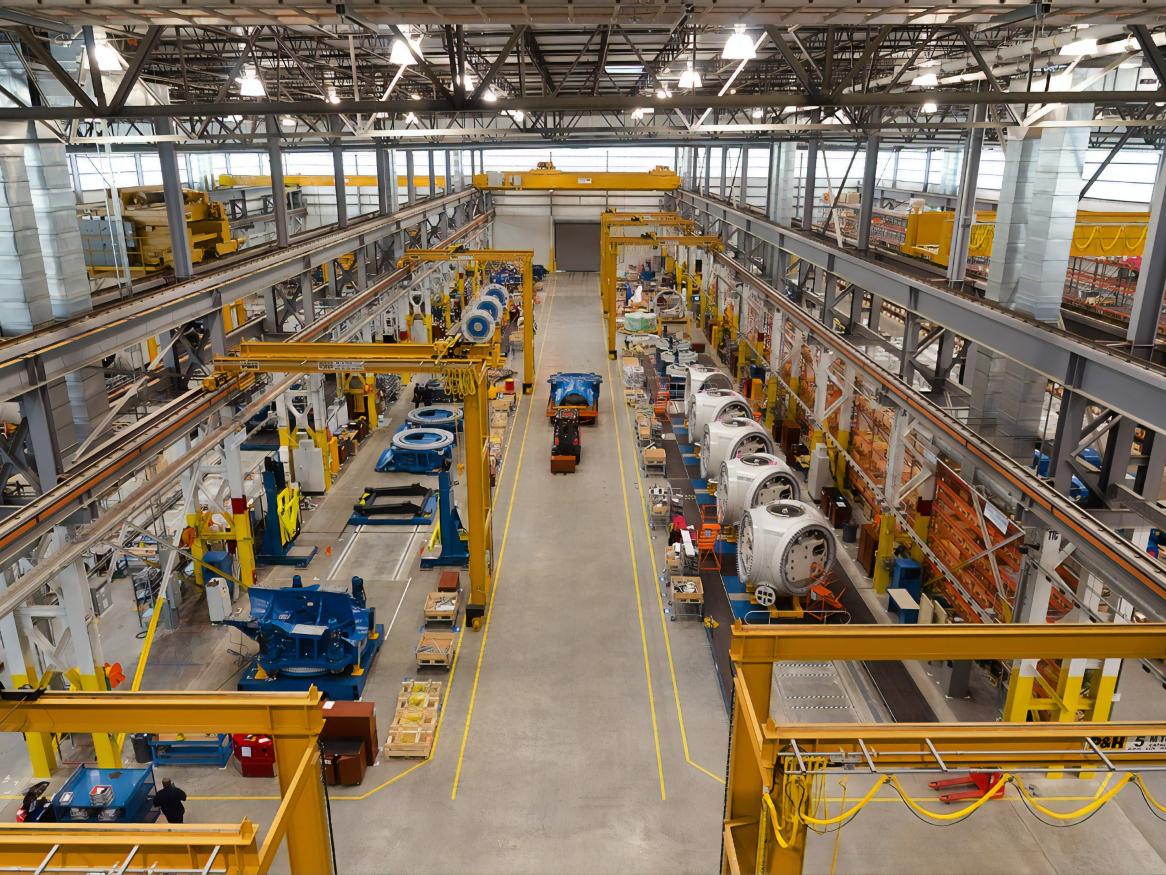
Dr Naoise McDonagh, Lecturer in Political Economy, Institute for International Trade, University of Adelaide and Professor Peter Draper, Executive Director, Institute for International Trade, The University of Adelaide.
The role of the state and market-distorting state intervention in the global economy have come increasingly to the fore in recent times, in large part as reaction to China’s rise to becoming the second largest world economy, and a direct competitor with developed economies across many sectors.
From recovery to continued prosperity: What lessons from COVID-19?
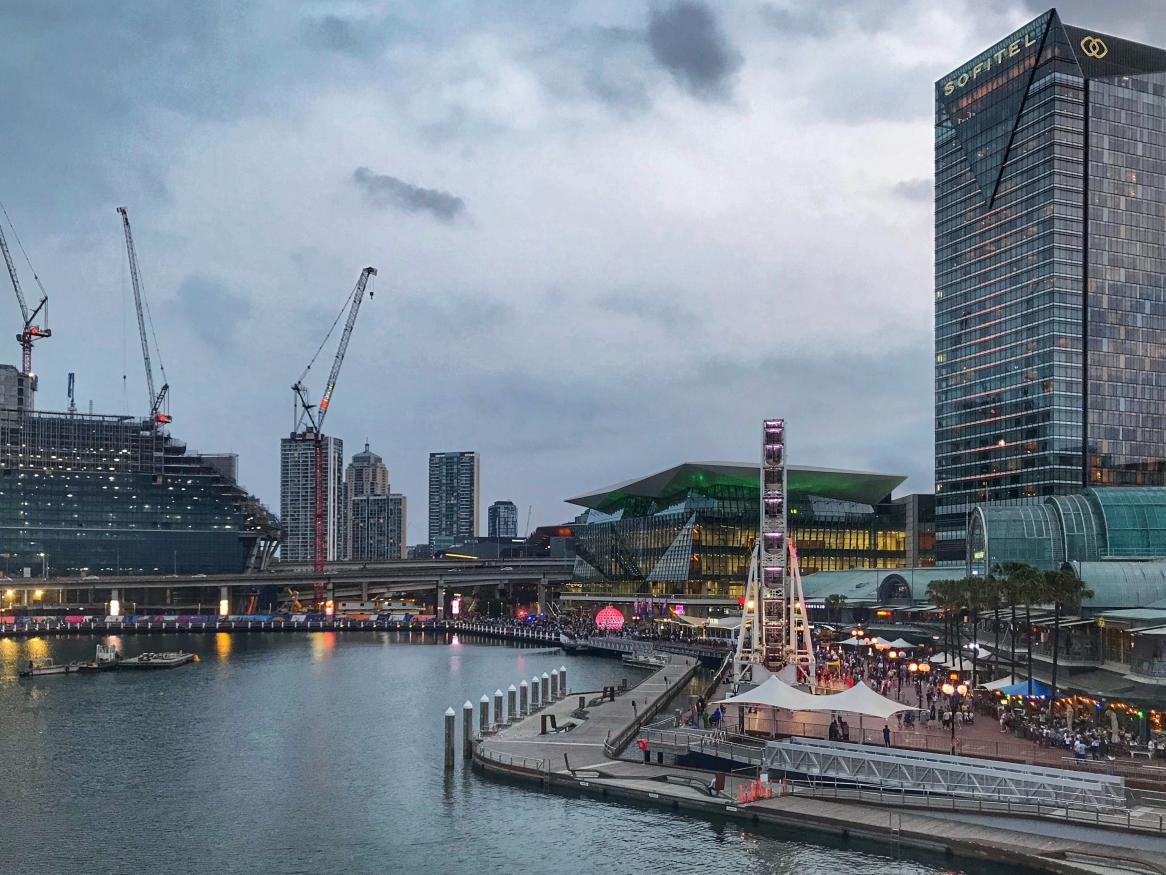
Professor Peter Draper - Executive Director Institute for International Trade; Simon Lacey - Senior Lecturer Institute for International Trade, Mike Humphrey - Senior Trade Advisor Institute for International Trade; Dr Naoise McDonagh Lecturer Institute for International Trade.
This policy brief was originally drafted as a submission to an Australian parliamentary inquiry seeking input from Australian firms and individuals on policy solutions across a broad range of areas as Australia continues to ride out the storm wreaked by the global pandemic COVID-19. It begins by exhorting Australia’s political leaders to recognize both the extreme severity of the socio-economic challenges the country faces at this time, but also the unique opportunity these challenges present for visionary leadership and positive change, the effects of which will define Australia for future generations.
[Read more about From recovery to continued prosperity: What lessons from COVID-19?]
Global Trade Cooperation after COVID-19: Can the G20 contain disintegration?
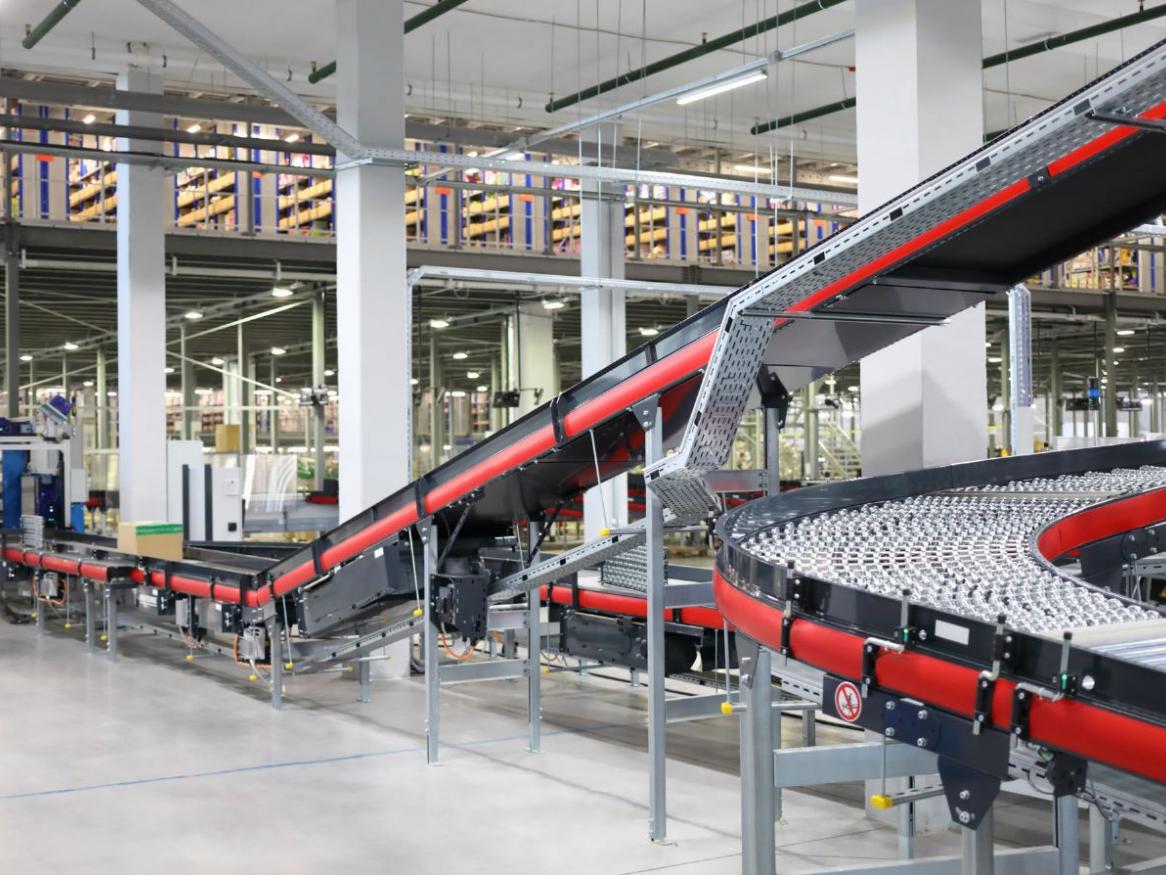
By Professor Peter Draper - Institute for International Trade
If ever the G20, the self-styled apex forum for international economic cooperation, needed to step up to the plate it is now. However, while it did so for the 2009 London Summit - in the eye of the Global Financial Crisis (GFC) - it is highly unlikely to this time. It is also not clear what the definition of success is, unlike the GFC when the core objective was to save Western financial systems from collapse. Each G20 country is correctly focused on managing its own health trajectory, with little policy bandwidth left to devote to international economic cooperation.
[Read more about Global Trade Cooperation after COVID-19: Can the G20 contain disintegration? ]
Industrial subsidies, state-owned enterprises and market distortions: Problems, proposals and a path forward

Weinian Hu - Research Fellow at Centre for European Policy Studies, Belgium.
Industrial subsidisation is an area identified for WTO rule-strengthening by the European Union (EU) and the Trilateral Trade Ministerial Cooperation (hereafter Trilateral Cooperation). The aim is to curb certain trade practices spearheaded by China’s state-owned enterprises (SOEs), which allegedly engender over-capacity, distort markets and undermine the effectiveness of the WTO Agreement on Subsidies and Countervailing Measures (ASCM). The obligations of transparency and notification prescribed by the ASCM require strengthening, too.
What future for the global trading system amid trade, technological and geopolitical confrontations?

By Anabel Gonzalez - Independent consultant on Trade and Investment.
With trade conflicts, new technologies and geopolitical competition reshaping the global economy, the trade and investment policy landscape is rapidly changing. While different scenarios are playing out, managed trade is gaining traction, rules are increasingly fragmented in competing spheres of influence and global trade governance is weakening. The World Trade Organization (WTO) is under strain and the business environment is more uncertain, volatile and increasingly power-driven than before.
How can LDCs ensure they continue to benefit from special and differential treatment in the WTO?
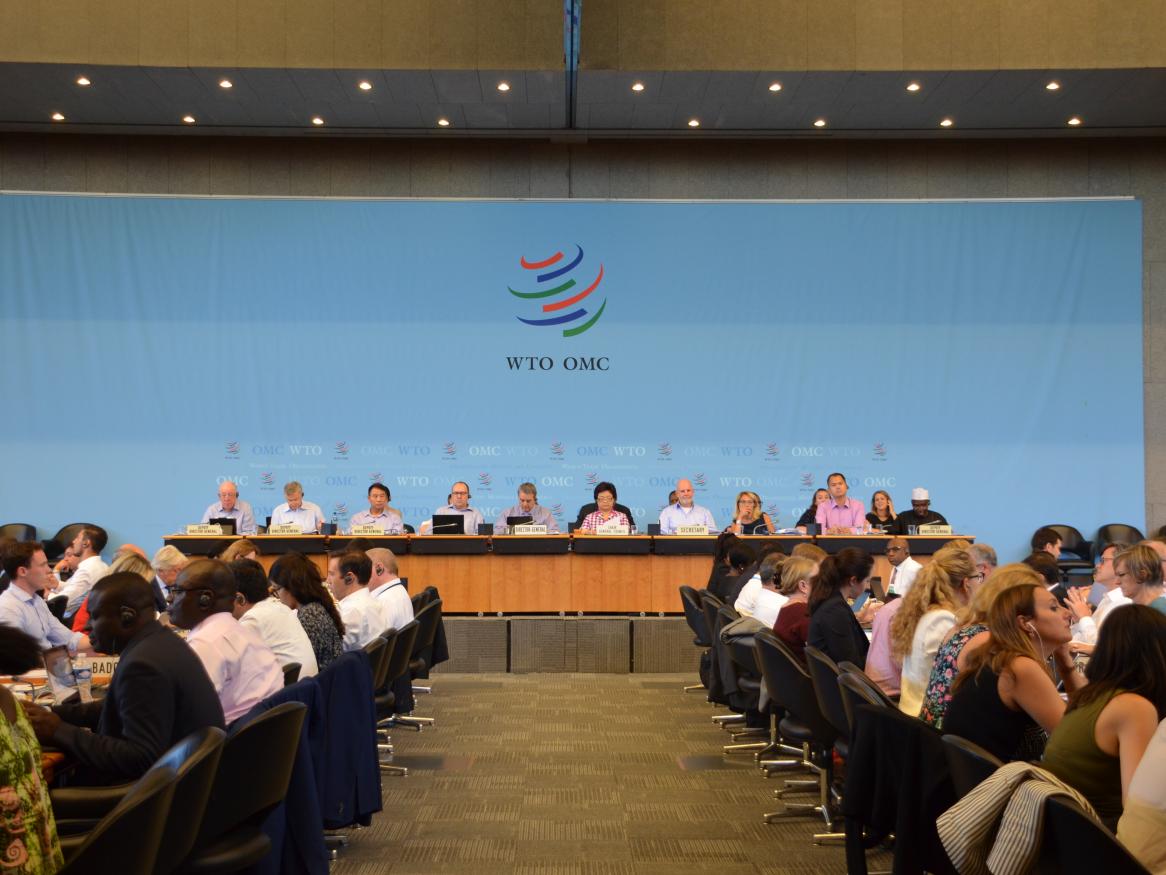
Mike Humphrey - Senior Trade Advisor IIT - As most international-trade observers are aware, debate is currently raging about the World Trade Organization’s relevance and role, its need for organisational reform, and the lack of progress in the Doha Round. Special and differential treatment (S&DT) provisions are an important component of this wider debate, and particularly the question of which countries should benefit from them - an issue intimately tied to the matter of self-designation.
Australian Export Exposure to Foreign Trade Distortions: Evidence from the Global Trade Alert
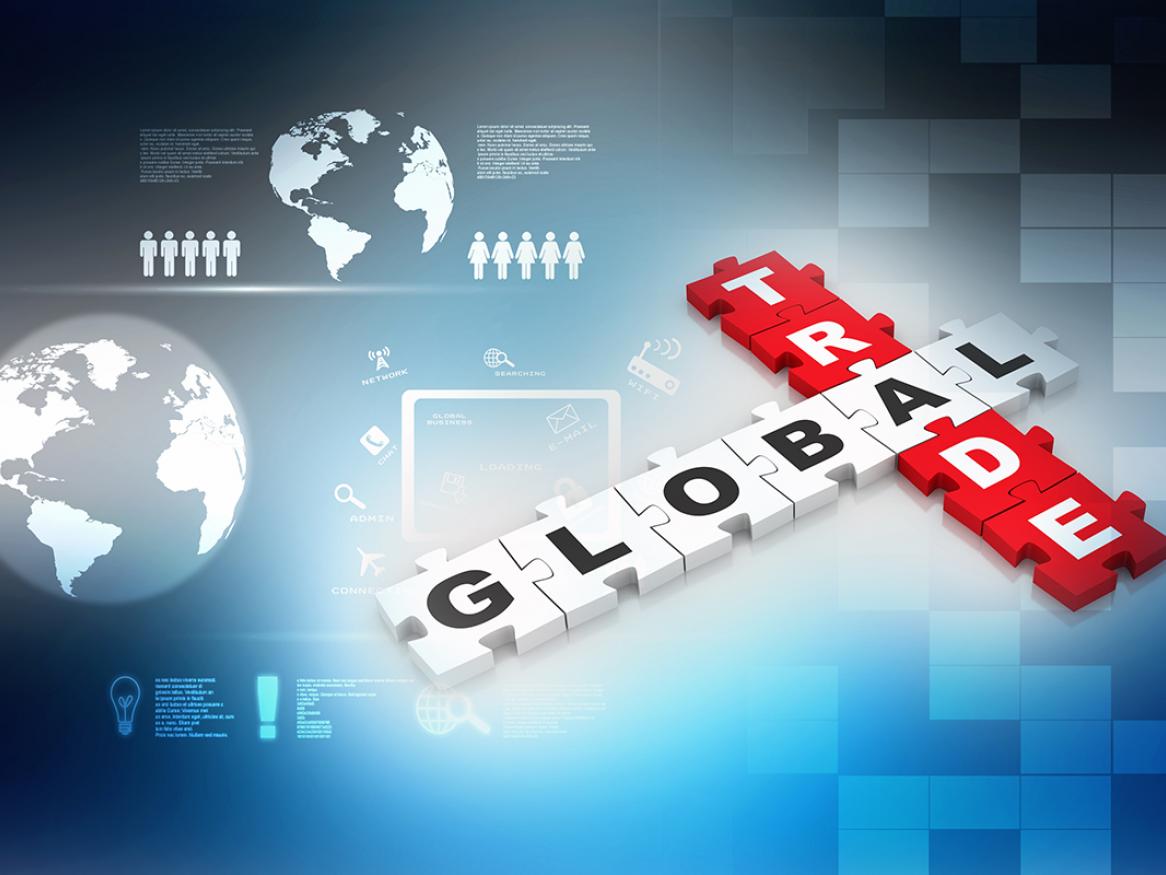
Simon Evenett, Professor of International Trade and Economic Development at the University of St. Gallen, Switzerland.
Given Australia’s significant economic integration into the world trading system, foreign protectionism poses a genuine threat to Australian living standards. While the current US administration’s trade policy has put the spotlight on protectionism, in fact over the past decade there has been sustained resort to trade distortions by many governments.
Crisis in the WTO appellate body and the need for wider WTO reform negotiations

Visiting Fellow Andrew Stoler - Serves on the Advisory Committee of the European Centre for International Political Economy and is a member of the International Academic Advisory Board of the United States Studies Centre (USSC) at the University of Sydney.
The Marrakesh Agreement’s Dispute Settlement Understanding (DSU) represented a major step forward in trade dispute settlement from the largely ineffective pre-1995 General Agreement on Tariffs and Trade (GATT) system. Under GATT, dispute-settlement panels’ establishment was frequently blocked; panels that were established frequently had their reports’ adoption blocked by losing parties; timeframes were ineffective; and American dissatisfaction often led to unilateral trade actions implemented pursuant to Washington’s s. 301 statute.
[Read more about Crisis in the WTO appellate body and the need for wider WTO reform negotiations]
This work is licensed under Commons Attribution-NonCommercial-NoDerivatives 4.0 International License.
IIT is a global leader in researching, analysing and commenting on International Trade.
Stay informed about our up-and-coming seminars, events, publications, awards, new projects and collaborations, and other exciting news.
